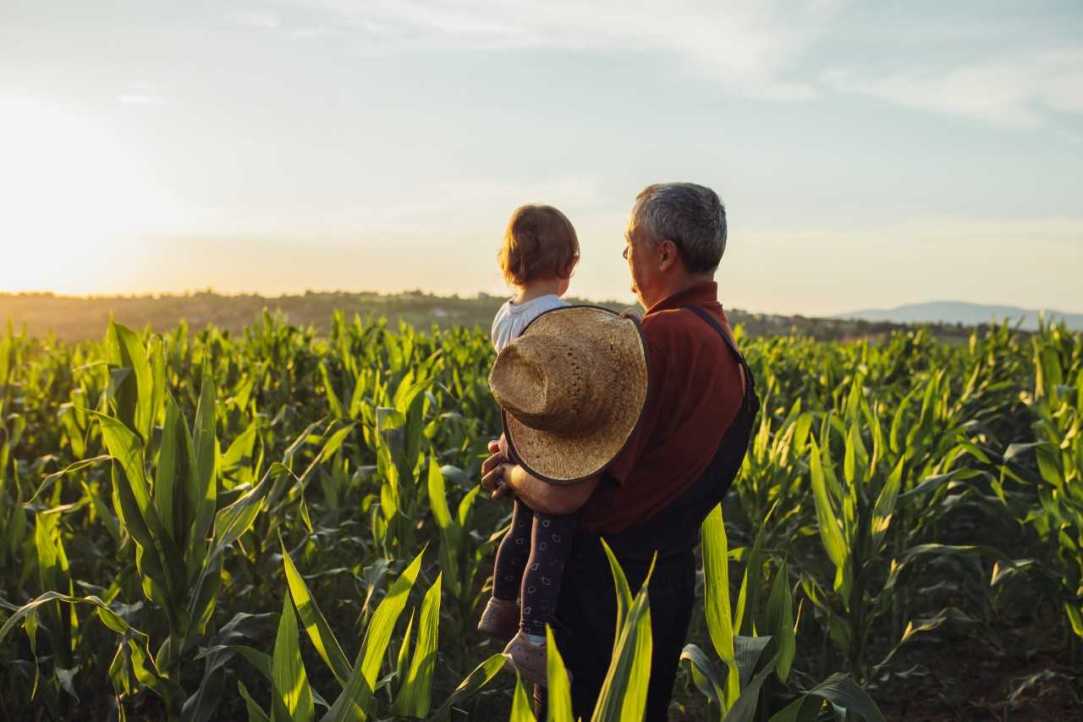Organic Agriculture: Russia’s Positions and Prospects

The researchers (Alexander Nikulin, Irina Trotsyuk) note that until February 24, 2022, imports accounted for about 80% of the Russian organic food market, but this share has significantly decreased under the Western sanctions and trade restrictions. This expands the potential market share of the national organic production and can reduce the environmental impact of industrial agriculture. The Russian government intends to become a major exporter of organic food and to account for 10% of the global organic market by the mid-2030s.
In 2010, in Russia, there were about 44,000 hectares of agricultural land certified for organic production. In 2019, this figure increased to 385,000, in 2021 – to 675,000. The Law on Organic Products (came into force in January 2020) stimulated the expansion of organic farming, but it still accounts for less than 1% of cultivated agricultural land, mainly crop, vegetable and fruit production. For comparison: already in 2019, the share of agricultural land under organic products in China was 8.2%, and its share in GDP from agriculture was 9.7%.
The dominance of large corporate farms in Russia reflects the increasing global concentration of food production. The largest food companies develop organic production which is supported by the government policy already formalized in legislation. For instance, organic food producers can receive funding from the federal budget, although quite tiny compared to the funding of industrial agriculture.
Researchers conclude that the Russian state should continue to support and expand organic farming as providing consumers with safer products with improved taste and nutritional characteristics and based on the more environmentally friendly technologies. In addition, organic food production contributes to the restoration of local food and ecological systems, ensures the social-economic sustainability and food security of local communities, develops a social type of ‘nature-saving farmer’; thus, organic farming is an important factor for preserving and developing human capital in rural areas.
Human Capital Multidisciplinary Research Center Digest Project is managed by Olga Voron.
Digest No. 17 is available via the link (RU).